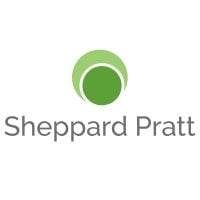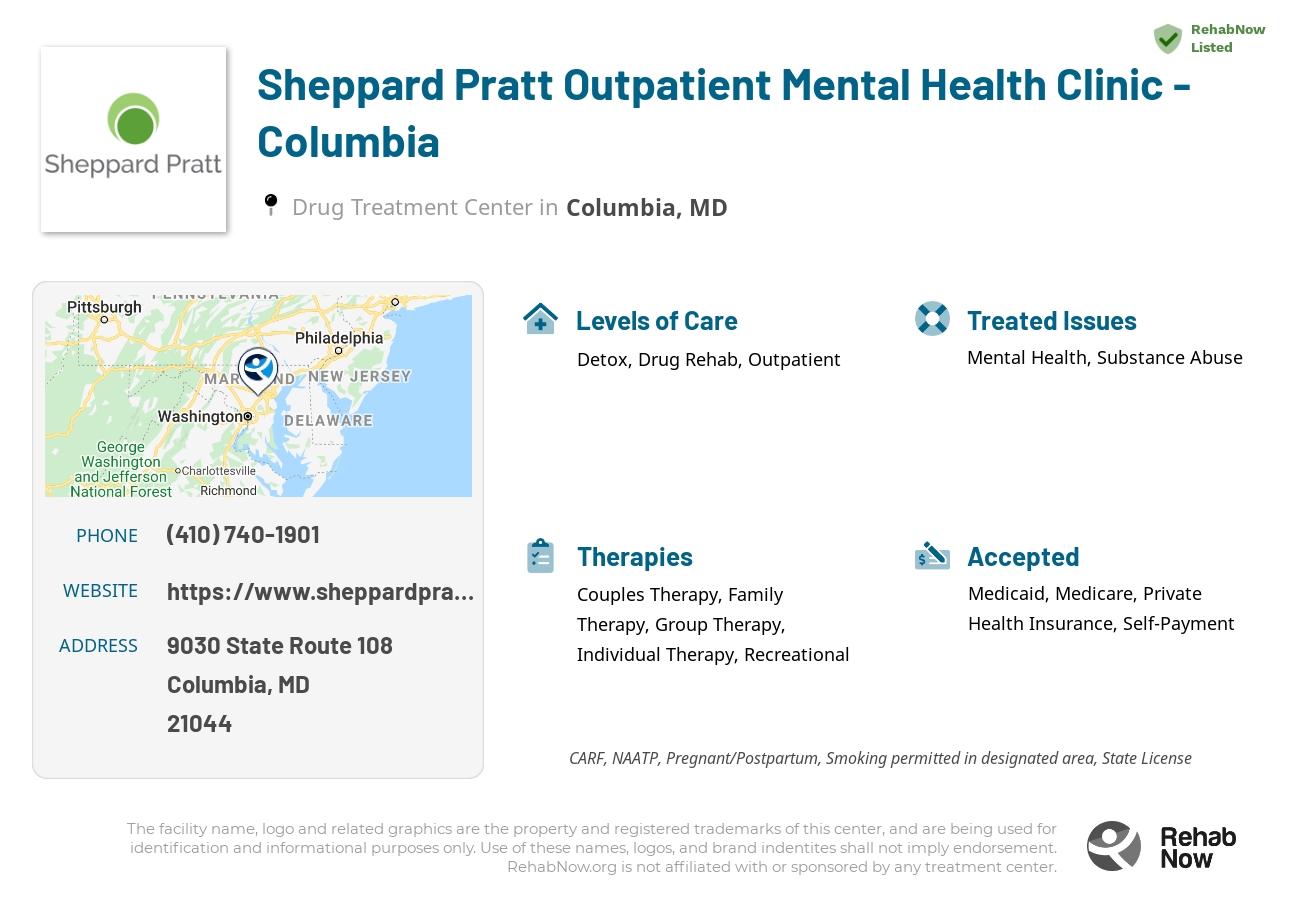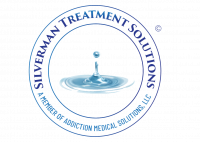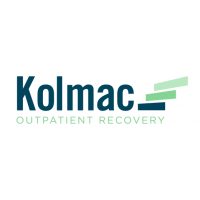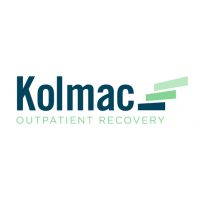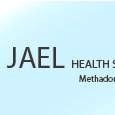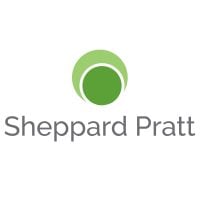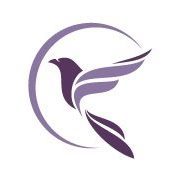Sheppard Pratt Outpatient Mental Health Clinic - Columbia
Drug Rehab Center in Columbia, Maryland
The Sheppard Pratt - Outpatient Mental Health Clinic in Columbia, Maryland is a reputable addiction treatment facility providing a variety of services and levels of care for individuals suffering from substance abuse, opioid addiction, dual diagnosis, eating disorders, and other mental health issues, with the goal of restoring emotional well-being and physical health in a safe, supportive, and confidential environment.
About Sheppard Pratt Outpatient Mental Health Clinic - Columbia in Maryland
Sheppard Pratt - Outpatient Mental Health Clinic - Columbia is a professional addiction treatment facility located in Columbia, Maryland. This facility specializes in treating individuals suffering from Substance Abuse, Opioid Addiction, Dual Diagnosis, Eating Disorders, and Drug Addiction, as well as other mental health issues. They provide a variety of levels of care including detox, drug rehab, outpatient, inpatient, and residential, in order to best suit each individual patient’s needs. Sheppard Pratt - Outpatient Mental Health Clinic - Columbia accepts private health insurance and is affiliated with the highly reputable Sheppard Pratt Health System.
The comprehensive services offered at Sheppard Pratt - Outpatient Mental Health Clinic - Columbia are carried out by qualified health professionals in order to provide the best possible care for their patients. Their services range from screening and assessment, to psychotherapy, to early intervention, and more. With the goal of helping their clients overcome addiction by restoring emotional well-being and physical health, they focus on providing quality care in a safe, supportive, and confidential environment. Additionally, the facility is accredited by the Joint Commission and has a full license from the Maryland Department of Health.
Genders
Ages
Modality
Additional
Conditions and Issues Treated
Substance abuse is the excessive use of any drug. This includes alcohol, medications, and illegal drugs. Substance abuse is treated with a combination of physical and mental treatments. Patients detox and follow up with therapies that target the underlying cause of the addiction. Substance abuse is a severe problem that can be successfully treated with a variety of therapies. Sheppard Pratt Outpatient Mental Health Clinic - Columbia treatment uses a combination of therapies along with other resources to overcome substance abuse.
Opioid addiction treatment should be done in a medically supervised drug rehab. While taking opioids, users will typically use other substances to enhance the effects of opioids or to reduce the adverse effects of opioid use. Opioid addiction treatment will include detoxification and drug rehab counseling to help both the user and their loved ones learn how to live a successful sober lifestyle.
Treatments such as methadone, buprenorphine, and naltrexone are three medications that can help treat opioid addiction. These drugs work on the brain’s pleasure center and reduce cravings and the effects of illicit opioids such as heroin. These drugs can be either given orally or by injection. Individual drug rehab counseling sessions can be helpful to discuss any questions or concerns with the drug treatment program. This counseling will also help the user set goals for when they finish drug rehab.
Opioid addiction recovery is a long process. Many of the changes to the brain caused by opioid use cannot be undone, but with time and the proper treatment, a person can return to normal function. After detox, treatment will include drug rehab counseling and entering a halfway house or sober living community. Aftercare is critical to long-term recovery, as it helps the user avoid relapsing and entering back into drug rehab.
Levels of Care Offered
This center offers a variety of custom treatment tailored to individual recovery. Currently available are Detox, Drug Rehab, Inpatient, Outpatient, Residential, with additional therapies available as listed below.
An addict may have to go through alcohol or drug withdrawal. While detox may be uncomfortable, it is not life-threatening. Detoxification allows the addict to rid the body of all traces of drugs or alcohol and gives the addict a clean slate for their recovery. In an inpatient or outpatient setting, detox can be managed medically.
Inpatient treatment for alcoholism or drug addiction is an option that provides the addict with a supportive environment in which they can stop using. This type of treatment is appropriate for addicts that are most in need of intensive care and supervision. This includes those who were unable to quit on their own, those who need more structure than they can get in outpatient treatment.
“Outpatient treatment is ideal for those who have a lower intensity addiction. It’s also suitable for those with a supportive environment and those on a tight budget.
Outpatient treatment can be considered the lowest intensity level of addiction treatment. It is ideal for early phase addiction or lower intensity addictions. It may involve weekly sessions instead of daily. Peer group support, 12-step programs, and individual counseling may still be used and anti-addiction medication.
Residential treatment programs are those that offer housing and meals in addition to substance abuse treatment. Rehab facilities that offer residential treatment allow patients to focus solely on recovery, in an environment totally separate from their lives. Some rehab centers specialize in short-term residential treatment (a few days to a week or two), while others solely provide treatment on a long-term basis (several weeks to months). Some offer both, and tailor treatment to the patient’s individual requirements.
Therapies & Programs
No single treatment works for all addicts; therefore, the goal of treatment and therapy should be to find what works best for each individual. Some people requiring addiction treatment may only need a few weeks of inpatient care. Others will require long-term residential care. Tolerance and withdrawal levels vary from person to person and thus affect the intensity of the treatment needed.
If an individualized approach to treatment and therapy is not offered, addicts may fail to reap benefits from their efforts. Professionals must customize plans according to their patient’s needs, limitations, and strengths. The goal of all forms of addiction treatment should be for addicts to find healthy ways to cope with their addiction and its underlying causes.
Couples therapy for drug addiction is a unique form of therapy that allows family members to work through the emotional issues of their loved one’s addiction together. Family members can support each other while learning how to cope with the addiction and encourage healthy changes.
Accordingly, couples therapy for drug addiction is designed for an addict and their significant other or spouse. The two will work with a therapist to learn how the addiction affects themselves and the relationship and how to break the negative patterns of behavior that may have developed.
Drug addiction can destroy a person’s life, as well as their family and friends. The loss of one’s ability to choose how to live and behave often leads the addict into depression, anger, guilt, and many emotional problems.
The therapies usually include siblings, children, and parents who are involved in their daily lives. These sessions are vital because they address past issues that may have hampered an addict’s or alcoholic’s recovery and provide support at a crucial time!
One of the most critical aspects of family therapy is helping addicts’ loved ones see their situation in a new light. It’s also one of the most challenging things a family can do when a loved one struggles with addiction or alcoholism.
Group therapy is held in a safe, controlled setting where patients can feel comfortable sharing their struggles and gaining perspective through shared conversations. It takes place in a group rather than one on one to prevent feelings of isolation or being unique in their situation while creating an environment for addicts at Sheppard Pratt Outpatient Mental Health Clinic - Columbia to develop fellowship, accountability, and support. Group therapy is an important tool in recovery that prevents cravings that prompt a return to active addiction.
This type of therapy involves the use of a variety of therapeutic techniques to help addicts recover from past traumas that might have triggered their substance abuse. During these sessions, therapists will work with the addict to address painful memories and learn how to cope effectively with stressors as they arise.
During these types of sessions, therapists will typically focus on three main goals:
- Identifying and expressing painful emotions associated with past traumas.
- Reducing the effects of stress on an addict’s life by developing more effective coping mechanisms.
- Developing healthy ways of thinking about stressful situations that can help addicts avoid substance abuse issues in the future.
This type of therapy is typically used in conjunction with other types of addiction treatment services. By identifying and dealing with the root cause of addiction, most addicts can overcome their cravings and prevent relapse once they leave rehab.
Many different types of addiction treatment services exist to help addicts safely get sober, but it’s important for recovering individuals to find a therapist or support group that will help them address the root cause of their addiction.
Dialectical Behavior Therapy is a form of Cognitive Behavioral Therapy that helps patients understand the relationship between their thoughts, feelings, and behaviors. It is beneficial for those whose addictions and behaviors stem from severe mental health issues. It aims to help the patient achieve their goals and identify how they can enhance their lives.
Payment Options Accepted
For specific insurance or payment methods please contact us.
Is your insurance accepted?
Ask an expert, call (888) 674-0062
Sheppard Pratt Associated Centers
Discover treatment facilities under the same provider.
- The Retreat at Sheppard Pratt in Towson, MD
- Sheppard Pratt - Psychiatric Rehabilitation Day Program - Lanham in Lanham, MD
- Mosaic Community Services - Catonsville in Catonsville, MD
- Sheppard Pratt - Outpatient Mental Health Clinic - Hagerstown in Hagerstown, MD
- Mosaic Community Services - Randallstown in Randallstown, MD
Learn More About Sheppard Pratt Centers
Additional Details
Specifics, location, and helpful extra information.
Columbia, Maryland 21044 Phone Number(410) 740-1901 Meta DetailsUpdated November 25, 2023
Staff Verified
Sheppard Pratt Outpatient Mental Health Clinic - Columbia Patient Reviews
There are no reviews yet. Be the first one to write one.
Columbia, Maryland Addiction Information
For the past decade, Maryland's rate of drug use and abuse has significantly increased. The overdose rate is currently higher than the national average. This epidemic is due to the many industries where manual labor is required. As soon as prescription opioids were more readily accessible a large part of manual workers started using–and eventually abusing–the painkillers.
In Columbia, Maryland, nearly 3% of residents battle drug addiction. 19% of high school students in Columbia have used marijuana in the past. 34% of marijuana users in Columbia started using before they were 18 years old. The most commonly abused drugs in Columbia are marijuana, prescription drugs, cocaine, heroin, and methamphetamine. Treatment centers in the city offer a variety of services including detoxification, counseling, and support groups.
Treatment in Nearby Cities
- Bethesda, MD (22.2 mi.)
- Belcamp, MD (35.5 mi.)
- Crofton, MD (17.3 mi.)
- Bel Air, MD (33.2 mi.)
- Suitland, MD (26.8 mi.)
Centers near Sheppard Pratt Outpatient Mental Health Clinic - Columbia
The facility name, logo and brand are the property and registered trademarks of Sheppard Pratt Outpatient Mental Health Clinic - Columbia, and are being used for identification and informational purposes only. Use of these names, logos and brands shall not imply endorsement. RehabNow.org is not affiliated with or sponsored by Sheppard Pratt Outpatient Mental Health Clinic - Columbia.
